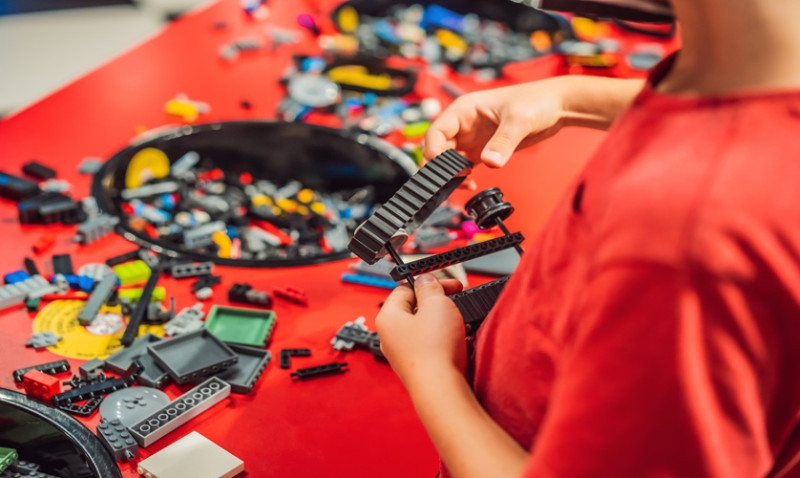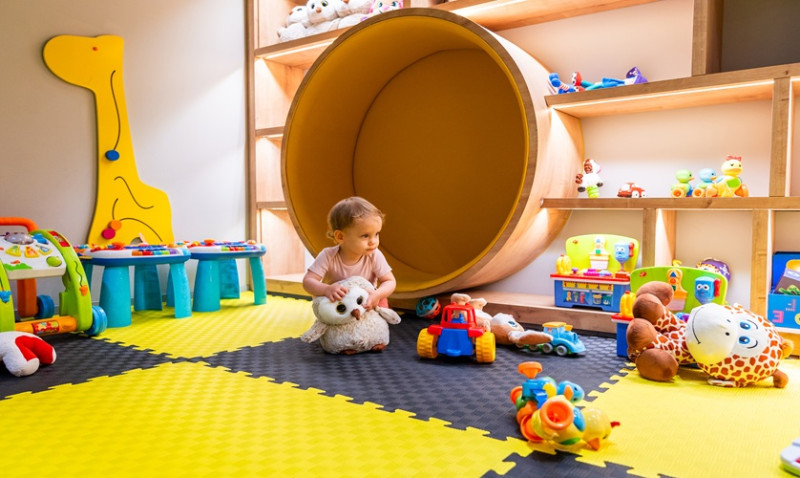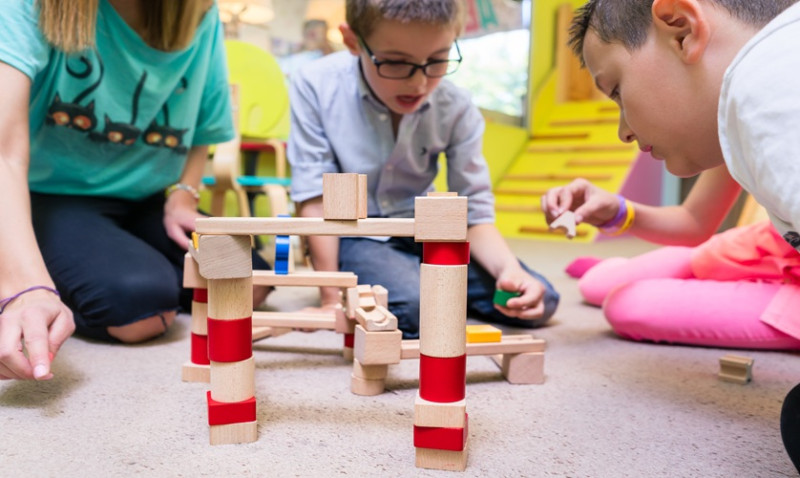
If you’ve ever wondered what it’s like to be a childcare apprentice, you’re not alone. Whether you're a young professional exploring career paths, a DIY enthusiast considering a career change, or even an interior designer wanting to understand how learning environments function for children, experiencing the day of a childcare apprentice offers valuable insights into one of the most rewarding job roles in the UK. From sunrise to the end of the day, no two days are exactly the same. Yet, every moment is filled with opportunities to learn, grow, and make a difference in a child’s life.
Starting the Morning with Preparation and Smiles
For most childcare apprentices, the day starts early—often around 7:30 to 8:00 am. The first job of the day involves preparing the childcare setting for the arrival of children. This includes simple but essential tasks like checking safety protocols, arranging age-appropriate toys, setting breakfast tables, and ensuring play areas are clean and inviting. Many childcare centres in the UK follow strict inspection standards, so attention to detail here is crucial.
As the children begin to arrive, the childcare apprentice welcomes each child with a warm smile and often assists with coat hanging, bag storing and settling-in routines. Gaining trust in those first few minutes sets the tone for the day. Apprentices also become proficient at communicating with parents and carers, providing brief updates or reassurance as needed.
These early moments serve as crucial relationship-building time, and over weeks and months, apprentices become familiar faces that children look forward to seeing each day. Soft skills like empathy, patience, and active listening come into play and develop naturally during these morning routines.
Learning Through Play and Guided Activities
By mid-morning, structured activities begin. This could involve arts and crafts, reading time, singing, or outdoor play. As a childcare apprentice, your role is to assist the lead practitioners in delivering engaging, educational content in a fun, memorable way. You’ll often find yourself helping children with cutting and colouring, organising story circles, or even leading a group game.
This is where the creativity of an apprentice can truly shine. Ideas for themed activities—be it space week, seasons of the year, or re-creating a DIY town with cardboard boxes—allow children to experiment, collaborate, and express themselves freely. Apprentices also gain experience in adapting activities to different age groups or learning needs, a vital skill in inclusive education environments.
During these sessions, apprentices are not only learning how children develop cognitively and emotionally, but they’re also being observed for how they encourage independent thinking, model positive behaviour, and handle minor conflicts or accidents. It’s a hands-on crash course in emotional intelligence, resilience, and team leadership.
Behind the scenes, apprentices also learn how to keep records of children’s progress, make observations, and input notes for future planning—key elements that tie into formal teaching and curriculum tracking.
Lunchtime: Nutrition, Manners and Teamwork
Once the clock strikes noon, it’s all about transitioning into lunch routines smoothly. Apprentices support both staff and children by setting tables, encouraging hand-washing, and helping to serve meals and snacks. Many UK childcare settings follow guidelines like “Healthy Early Years,” and apprentices learn about nutritious food groups, portion sizes, and managing allergies or special dietary needs.
Lunchtime is also another opportunity to teach social cues and life skills. Helping children to use cutlery properly, say “please” and “thank you,” and practice taking turns while chatting—all of these are valuable developmental milestones. Apprentices are encouraged to model these behaviours themselves, making this a truly interactive learning session for everyone involved.
Afterwards, it’s time for the post-meal clean-up, and apprentices develop a strong sense of teamwork during these daily tasks. Balancing hygiene, efficiency, and patience is a key lesson here, especially when dealing with spills, messes, and tired toddlers.
Afternoon Adventures and Quiet Time
As the afternoon rolls around, activities may shift toward more calming or reflective tasks, reflecting the natural rhythms of a child’s energy. Some nurseries may have designated nap zones, and apprentices often assist in settling children, reading soothing stories, or rubbing backs to help children relax.
Quiet time doesn’t mean it's dull. Apprentices still have the chance to work one-on-one with children on fine motor skills like puzzles, building blocks, or early writing exercises. Focused attention helps those children who need a little extra support or encouragement. Apprentices also attend to administrative tasks like updating progress logs or discussing notes with other practitioners.
During this time, apprentices might also participate in internal training via online platforms or group staff coaching. These learning modules ensure apprentices achieve the knowledge and behaviour expectations of the childcare framework outlined in their apprenticeship standards.
Wrapping Up the Day and Parent Handover
As the afternoon draws to a close, children begin to leave, and your role as an apprentice shifts again. Updating parents on their child’s day—from how much they ate to new words they said—builds transparency and trust. A short but friendly debrief can mean everything to a tired parent, and apprentices often become skilled at having cheerful, positive exchanges in short windows of time.
Cleanup and preparation for the next day become the final tasks: wiping surfaces, storing toys, and updating records. This is a key moment for reflection too. Apprentices often have the chance to check in with mentors about the day and receive constructive feedback that helps shape them into qualified early years practitioners.
Some apprentices also stay behind for evening coursework or complete reflective journals as part of their qualification. While demanding, these latter-day rituals ensure every new day begins well-prepared and focused on serving the needs of the next generation.
The Skills Gained on the Journey
By observing and engaging with certified practitioners and energetic children each day, childcare apprentices develop a rich toolkit of professional and personal skills. These include leadership, time management, collaboration, safety awareness, communication, and emotional intelligence. The role demands flexibility and a genuine love for learning and nurturing.
Apprenticeships in the childcare sector aren’t just stepping stones—they’re career-launching pads. Whether your goal is to advance into a fully qualified early years educator, become a nursery manager, or move into child psychology or teaching, the pathway starts here. And with the UK government continuing to back apprenticeships, the opportunities are more accessible than ever.
Final Thoughts
A day in the life of a childcare apprentice may be long and full of surprises, but it's also incredibly fulfilling. Supporting a child’s first steps into education, friendship, and independence offers joy and pride that few other careers can match. If you’re considering a role where every day matters and no two hours are the same, childcare apprenticeships might just be your calling.
Whether you're a school leaver weighing options, a trade professional seeking more family-focused work, or a creative spirit passionate about child development, the childcare sector welcomes your energy and talents. And it all starts with taking that first step into the classroom—or, more likely, the colourful playroom.




